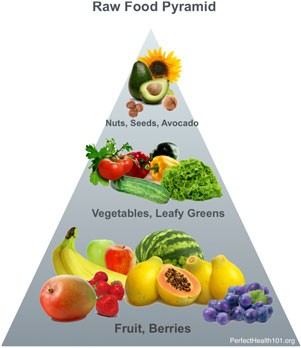06/21/2017 UNDERSTANDING THE HEAT
Matthew 20:12 They protested, ‘Those fellows worked only one hour, and yet you’ve paid them just as much as those of us who worked all day in the scorching heat. [Living Bible translation]
SUMMARY:
Parables are simple stories, told by JESUS in the gospels, to illustrate a moral or spiritual point. A parable is a lesson. They often use simple everyday objects or illustrations to convey a point. There are a number of parables in the Bible. However, “The Parable of the Workers in the Vineyard,” in Matthew 20 may be one of the most difficult parables to understand. Part of the reason may be because workers do not understand or want to experience “the scorching heat.”
The basic story is this. The owner of an estate goes out early to hire workers for his harvest field. He agrees to pay each of the workers $20 per day (the equivalent of a day’s labor in modern times). He sees some men standing idle in the marketplace early in the morning and hires them. Around 3:00 pm in the afternoon he sees another group and hires them. Around 5:00 pm he sees more workers standing around and after speaking to them about the wages, the men agree to work in the fields too for the same wages. At the end of scorching hot work day, the owner asks the paymaster to call all the workers in and they are each given $20. Some of the worker’s protest. The ones who worked longer hours complain that they worked a full day in the heat and were paid the same wages as those who just worked one hour.
Perhaps one of the reasons why this parable is misunderstood or people do not “relate” to this parable or feel as if some sense of justice has been violated, may be because of all the feelings and attitudes people often have about the workplace. In the workplace:
- Workers think they “deserve” to be paid for their work and that the employer “owes” them for working
- When a worker looks at another co-worker, who is doing the exact same work they are doing, they don’t want to see that their co-worker’s check is disproportionately higher than their own. They also think a worker who works more hours than another worker, doing the same work, should get a larger paycheck.
- The workplace is often a competitive place. People are often concerned about what other workers are paid, which can lead to envy and divisiveness.
- Sometimes workers even separate what they do at work from what they do for GOD.
To understand the “Parable of the Workers in the Vineyard,” it is helpful to understand a little about the meaning of the situation JESUS is describing in the parable.
- The workers “standing idly by” are in a sinful state. The “marketplace” is “the world.” They are in the world “lost in sin.” They are separated from GOD. They could have been left in the world, but for the GRACE and MERCY of GOD. GOD finds them and allowed them to work for HIM
- If GOD gives GRACE and MERCY to some early and to some late, that is not “an injustice” to anyone, because GOD does not owe anyone.
- Instead of being envious or concerned about what other’s get, every worker for GOD should be grateful to GOD for not being left behind and should also rejoice that their fellow workers, who GOD also chose, were not left behind either. Perhaps, workers should be especially happy those who came “late” made it.
- The focus should not be on “reward” but for doing the work of GOD.
5. As the parable notes, toiling for GOD will involve “heat.” But if we trust GOD and work diligently for HIM, HE will do exactly what HE says HE will do, and everything will be alright in the end. - Being obedient to GOD and working for HIM and furthering GOD’s kingdom is worth the heat in the end.
Once we understand “the heat,” we understand that GOD has positioned us where HE wants us to be; and that GOD’s GRACE has allowed us to be a part of HIS’s Kingdom; rather than being left in “the world” separate from HIM; we can better understand that “it’s worth the heat” in the end.


